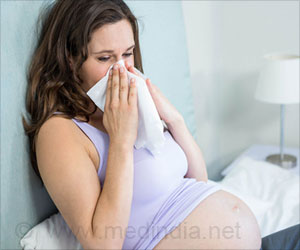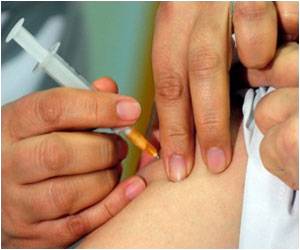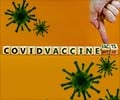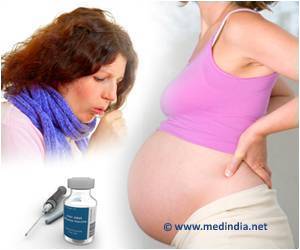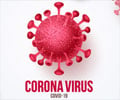- Operational Guidance for COVID-19 Vaccination of Pregnant Women - (https://www.mohfw.gov.in/pdf/OperationalGuidanceforCOVID19vaccinationofPregnantWoman.pdf)
- COVID-19: What pregnant women in India need to know before getting their vaccine - (https://www.weforum.org/agenda/2021/07/pregnant-women-india-covid19-vaccine/)
Should Pregnant Women Get Vaccinated?
The Ministry of Health and Family Welfare (MoHFW) has approved vaccination of pregnant women against Covid-19 infection, based on recommendations from National Technical Advisory Group on Immunization (NTAGI). The pregnant women are required to be counselled and informed regarding the risks and benefits of the vaccines, following which they can voluntarily opt to be vaccinated.
In addition, vaccination is also recommended to be taken by lactating and breast-feeding women.
What is COVID-19?
Covid-19 stands for Coronavirus Disease - 2019, which is a viral respiratory tract infection caused by a new variant of Coronavirus, named as SARS-COV-2 (Severe Acute Respiratory Syndrome Coronavirus-2). The World Health Organization (WHO) was alerted about several cases of pneumonia of a new viral origin from Wuhan City, China on 31st December, 2019. The disease was declared as a pandemic on 11th March, 2020.
In India, vaccines were made available to masses since January 2021. After 6 months, vaccine coverage in India has reached more than a 490 million so far.
When Should Pregnant Women Get Vaccinated?
All pregnant women at high risk of being infected by the virus can take the vaccine at any time during the period of pregnancy.
The government has not specified any time frame for the doses to be taken. However, doctors generally recommend pregnant females to be vaccinated in the second trimester of pregnancy (13 to 28 weeks) by the end of 12th week, major organs of the fetus are developed and it would be relatively safe.
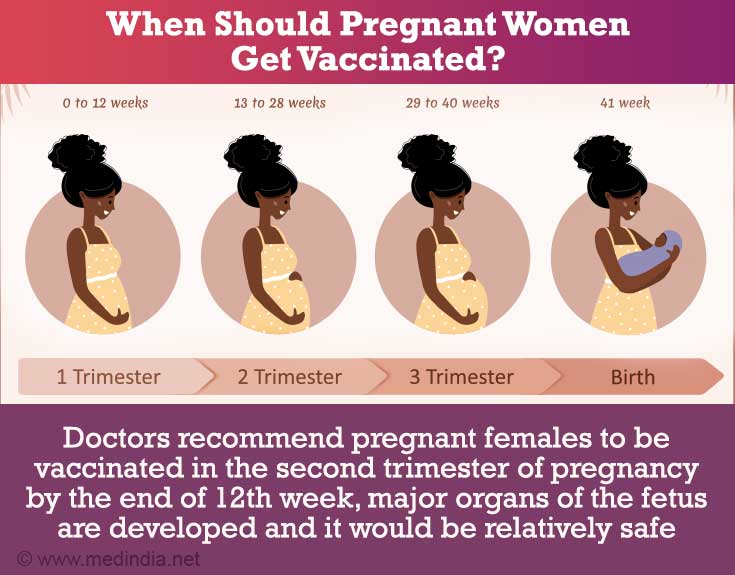
Which Vaccines Are Safe for Pregnant Women?
All the three vaccines approved in India for emergency use (Covaxin, Covishield and Sputnik) are said to be safe for pregnant women.
Currently, vaccination of pregnant females are also being done in countries like United Kingdom, Australia, Singapore, Israel, Canada and United States of America.
According to recommendations, Covid-19 vaccination should be avoided in pregnant women in the following conditions:
- Allergic reaction to vaccines or medicines.
- Allergic reaction to first dose of Covid-19 vaccine.
- Active Covid-19 infection. If a woman is already infected by the virus during the current pregnancy, then they should be vaccinated after delivery.
- Women with known risk of clotting problems should first discuss the aspect of vaccination with her obstetrician or a vaccine expert as no data is available on the risk of clotting in pregnant women.
Benefits of Vaccination during Pregnancy
According to current evidence, pregnancy does not increase the risk of acquiring Covid-19 infection. But pregnancy increases the risk to develop serious illness from Covid-19 infection as compared to normal women.
If infected during pregnancy, these women are also more prone to other pregnancy related complications. Cases of preterm births are also increased, which may lead to complications and deaths amongst the newborns.
The vaccines is known to prevent serious complications in Covid infected patients, thereby lowering risk of complications and deaths in mothers and newborns.
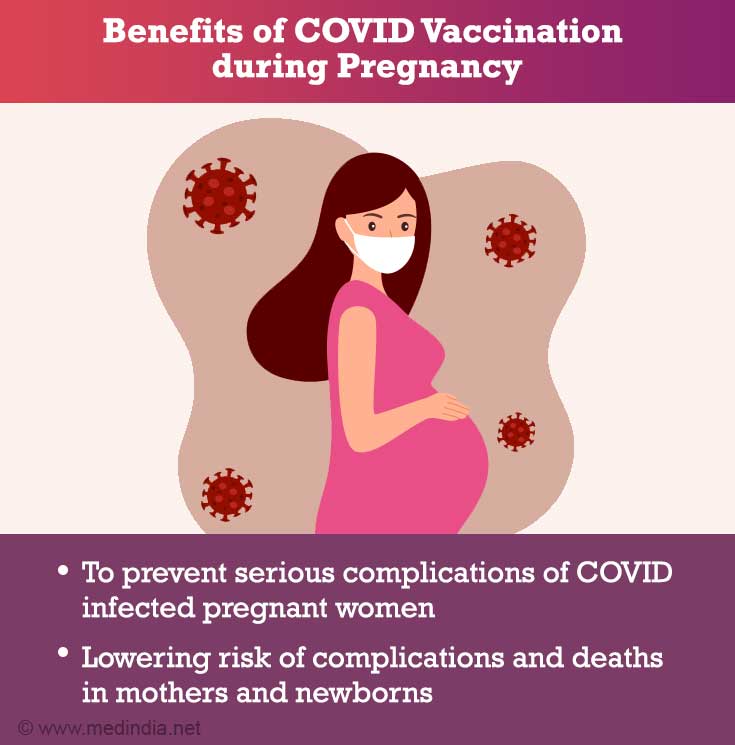
Side Effects of Vaccination during Pregnancy
Based on knowledge of experts, Covid-19 vaccines are safe and unlikely to cause any harm to the mother or the baby. However, mild side effects may be seen similar to side effects of any other vaccines.
These side effects include mild fever, body pain, shivering, headache, pain at injection site or generally feeling unwell for about 12 to 72 hours post vaccination.
On very rare occasions (1 in 1.5 lakh population), one may experience some serious symptoms (like shortness of breath, chest pain, prolonged abdominal pain, bleeding in eyes, persistent vomiting, blurring of vision, etc.) which may require medical attention and hospitalization.


